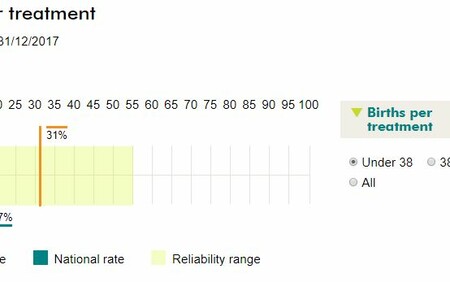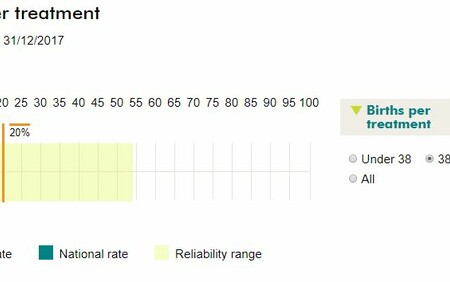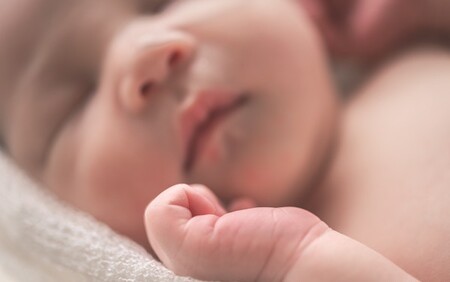Complete Fertility’s Donor Insemination success rates are up to 14% above the national average
The latest HFEA clinic statistics show that Complete Fertility Centre’s 31% donor insemination (DI) success rates are 14% above the national average for patients below the age of 38, and 12% above the national average for patients who are 38 years of age and over.
This is fantastic news for our same sex and single ladies. These success rates give ladies a very good chance of having a baby using donor insemination,” said Julia Paget, Clinic Director.
Same sex and single women do not necessarily have fertility problems and many have the opportunity of using IUI with donor sperm that is less invasive and much cheaper than IVF. IUI typically yields lower success rates than IVF but Complete Fertility Centre’s success rates for donor insemination shows a closing gap for our patients.
Patients can also benefit from donor sperm being available right now to use in their fertility treatment. Our sperm bank donors are UK-based healthy and fertile men who have all been rigorously screened and have full medical histories taken. Their sperm is frozen and quarantined ready for use.”
Aligned with the HFEA trends and figures report published earlier this year, Complete Fertility Centre has seen an increase in both same sex female couples and single ladies seeking fertility treatment.
Complete Fertility Centre is proud to support the LGBTQ and single lady communities and of our reputation for offering donor insemination to them.
Graphs from the HFEA website


DI - what to expect
Donor insemination is a low invasive fertility treatment option.
The donor sperm sample is thawed, prepared and transferred to a thin catheter ready for insemination. The patient’s vagina is opened and the catheter is inserted and the sperm released. DI can take place on a natural cycle, or a stimulated cycle where medication stimulates the ovaries ahead of the procedure.
Choosing a sperm donor
Patients can view and select our donors online at home. They are given access to our donor website after attending implications counselling.
Sperm donors can be selected based on their physical characteristics and their employment, education and hobbies. A donor’s pen portrait is also available to read.
All our donors are invited to write a pen portrait that includes a description of them and a goodwill message intended for any child or children born as a result of their donation. We encourage our donors to include information about their education, achievements, views, values and life experiences. This all-important information enables parents of a donor-conceived child to talk to them about their origins as they grow up.
Other fertility options available for same-sex female couples and single ladies
Donor insemination isn’t the only choice for same-sex and single ladies.
IVF with donor sperm is an alternative option. This may be recommended after trying IUI with donor sperm or if the patient’s medical history indicates, for example, if the patient has a pelvic inflammatory disease or a low egg reserve.
Some women may also wish to take part in our egg-sharing programme and share the eggs collected during their IVF cycle with an unknown recipient as a way of ‘giving back’ as they are using donor sperm themselves. Our egg sharing packages start at £0.
More same-sex female couples are now taking part in shared or mutual motherhood. Mutual motherhood allows partner to partner sharing of the eggs so that both partners are involved in the creation of their baby. One partner provides the eggs and is the genetic mother and the other partner carries the pregnancy.
Here at Complete Fertility Centre patients have the option to have IVF treatment with eggs donated from their same-sex partner, or IVF egg sharing with their same-sex partner and an anonymous recipient. Either way, one partner undergoes an egg collection, and some of these eggs are fertilised with donor sperm in the laboratory and an embryo is transferred to the partner wishing to carry the pregnancy. Any other embryos can then be frozen and stored for the future.

